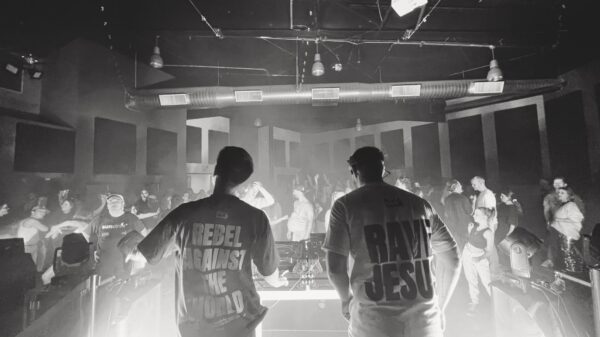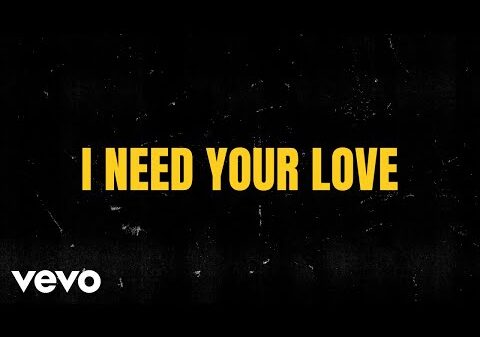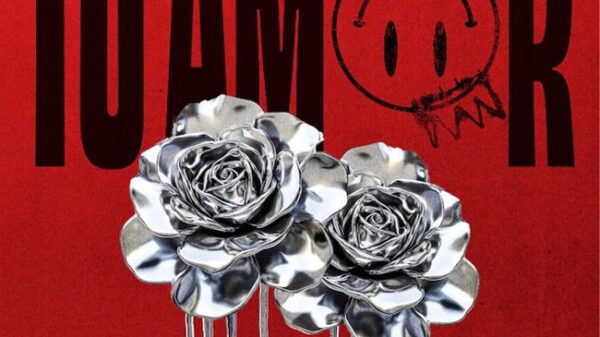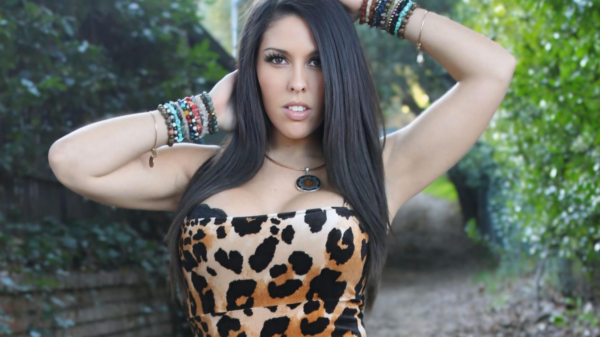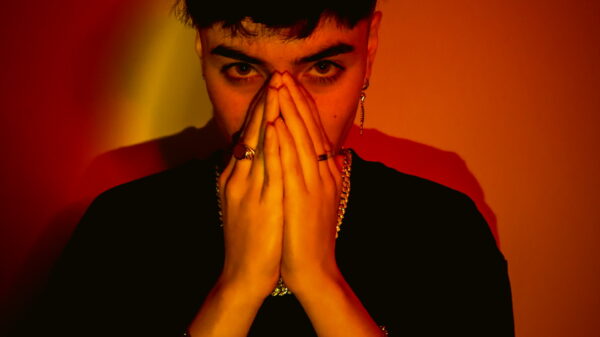It is appropriate that such an iconic reference; a heavenly flash that burns brightly for one brief moment and never again… would come to define the one-off alliance that produced Music Sounds Better With You.
The song, the eye of a perfect techno-cultural storm became an immediate touchstone for a new and uniquely French kind of dance music that foregrounds filtered disco samples and deeply swung garage rhythms.
Meeting by chance at a house party in the emerging electro scene in Paris in the mid-1990s, Alan Braxeand Thomas Bangalter form a creative partnership that begins officially with “Vertigo”, Braxe’s first single, released via Bangalter’s Roulé imprint in 1997.
Shortly afterward, Jean-Sébastien Bernard and Pascal Esposito, aka Jess & Crabbe, the DJ duo who organize the event series Les Soirées Hometown at the infamous Rex Club in Paris, invite Braxe to play a live gig. Braxe asks Bangalter to accompany him on keyboards, and also enlists Benjamin Diamond, an old friend from boarding school, to lend vocals to the set. The trio rehearse Braxe’s music, and opt to compose something new for the occasion, structured around a short, funky loop sampled from Chaka Khan’s 1981 R&B hit “Fate”. After the Rex Club date, they spend a week in Bangalter’s studio, sculpting the track that would become their definitive statement. Music Sounds Better With You comes together using the most rudimentary elements of electronic music technology: an old disco record, two samplers — an E-mu SP-1200 and an Ensoniq ASR-10 — and a MIDI sequence saved to a blue floppy disk.
On 20th July 1998, the Roulé label releases Music Sounds Better With You as a single-sided 12”, with the anthem’s lyrics etched into the verso. The cut is enthusiastically embraced by France’s underground nightclub scene, and soon starts to circulate throughout Europe and North America. Club by club, one DJ at a time, the song establishes itself as the soundtrack to a pivotal season in which electronica enters en masse into the mainstream cultural consciousness. Music Sounds Better With You is licensed to Virgin Records, who commission a video directed by the visionary filmmaker Michel Gondry. Buoyed by heavy rotation on MTV, the clip and song ride a wave of momentum that could only be called ‘viral’, selling over one million copies in an age still poised on the verge of internet virulence. It becomes one of those earworms that makes everyone want to move — from rockers to ravers and everything in between — a dance floor magnet of the highest order.
Over the summer, Stardust continue to work on original material. Rumors abound that they are offered outrageous sums of money to produce a full-length album. But the members ultimately decide that there will be no follow-up to Music Sounds Better With You. That one smash is all that will remain of Stardust. And it’s perfect.
Now set for a vinyl reissue and available officially on digital platforms for the first time ever, what makes the song endure, where so many other hits of that era have been relegated to curiosity, unkindly treated by time? Part of it is its timelessness, the sense that it was always-already outside time, a throwback to another generation, and at once a musical imagining forward into a technotopian, post-human future, one in which the mortal body would become just another constituent agent in a sprawling global ecosystem of digitally networked assemblages. Another part of it is its cool simplicity, its unapologetic stripping away of anything extraneous, with nothing to disrupt or distract us from its modus operandi: to feel good experiencing music together.

